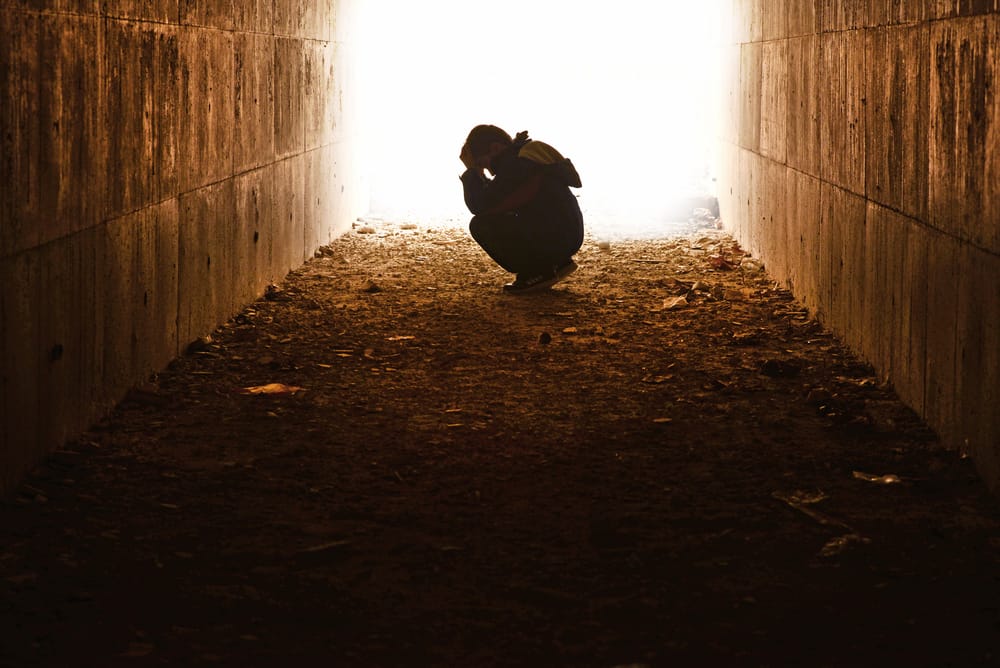Addiction Treatment
5 Symptoms Of Crack Detox

Written By:

Table of Contents
Crack is a powerful drug that alters the brain processes responsible for behavior, thought, perception, and emotion. As the body adjusts to the presence of cocaine in its system, the user requires more and more of the drug to feel stimulated—or even stable. When this dependency develops, crack detox becomes for a successful recovery.The longer a user continues this vicious habit—the more strain they put on their organ systems—the less likely they are to survive or kick it. When a crack addict quits using the drug, the central nervous system reacts harshly to the abrupt change in body chemistry.Detoxing from crack cocaine can be miserable for addicts and a frightening one for anyone close to them.
About Crack Cocaine Addiction
Although the initial appeal of crack cocaine is its stimulating, euphoric effect, the addict eventually needs the drug simply to feel normal. As an addict builds up a stronger and stronger tolerance, crack use becomes an increasingly difficult and expensive habit to maintain. Even without attempting to quit, most users experience withdrawal symptoms on regular basis, whenever they to wait a few hours before their next fix.Users who have decided to enroll in crack detox should expect withdrawal symptoms to linger on for days, weeks, or even months, depending on the severity of their addiction.
Symptoms of Crack Withdrawal
The following are 5 major symptoms of crack withdrawal that a person will experience during crack detox (all of which, of course, tie in with one another):
Antagonism
Addicts can become agitated, angry, and aggressive. When the cravings become too much, addicts may lash out in anger, often toward loved ones, who happen to be the ones that interject.
Nervousness
Crack use eats away at the ability to think clearly and calmly. Addicts are prone to impulsivity, self-isolation, and other self-destructive behaviors that unsettle them even further. Initially for addicts, the anxiety revolves around getting more crack once the current supply is exhausted. Eventually, the nerves become constant, directionless, and unmanageable.
Lowness
The reason crack addicts cannot simply distract themselves with other enjoyable activities is that no other activities are enjoyable—not anymore, at least. What friends and loved ones unfortunately take to heart is actually a neurological condition known as anhedonia. Anhedonia develops over time, as the production of neurotransmitters in the addict’s brain has been so modified that even activities they previously adored lose their spark and fail to trigger the releases of serotonin and dopamine. These feel-good chemicals are responsible not just for feeling happiness, but also motivation—the absence of which makes detox a tricky road to follow.
Delusion
Just as our emotions are thrown-off base by crack use, our ability to think rationally and coherently is off-set. Shortly into detox, severe addicts often experience a degree of psychosis: delusions, paranoia, unrealistic thought-processes. Visual and audible hallucinations are also common.
Sickness
Crack withdrawal is non-deadly but can cause a number of physiological ailments directly and indirectly. After cutting off crack, the body might reject the changes to its chemical composition through vomiting, disorientation, and other flu-like symptoms. The mental and physical toll that comes with detox can leave the addict malnourished and unrested, with a weakened immune system.
Enrolling in Crack Detox
Sometimes symptoms manifest so severely that the addict ends up jailed or hospitalized out of safety for themselves or others. Such explosive incidents are more likely to occur during the initial stage of withdrawal. That sort of danger, as well as the danger of relapse, can be avoided through in-patient rehab programs that monitor addicts and provide medications to ease their symptoms. Addicts who make it through the initial stage of detox can increase their likelihood of long-term success through various forms of therapy and community support.If you are seeking treatment for crack cocaine dependency, the Last Resort is here to help. We offer many addiction treatment programs with individualized treatment plans for all our clients who need crack detox. Additionally, we offer medical detox and cocaine addiction treatment to help clients through their recovery journeys. Feel free to call us anytime at 512-750-6750 to speak with an addiction expert right away.
